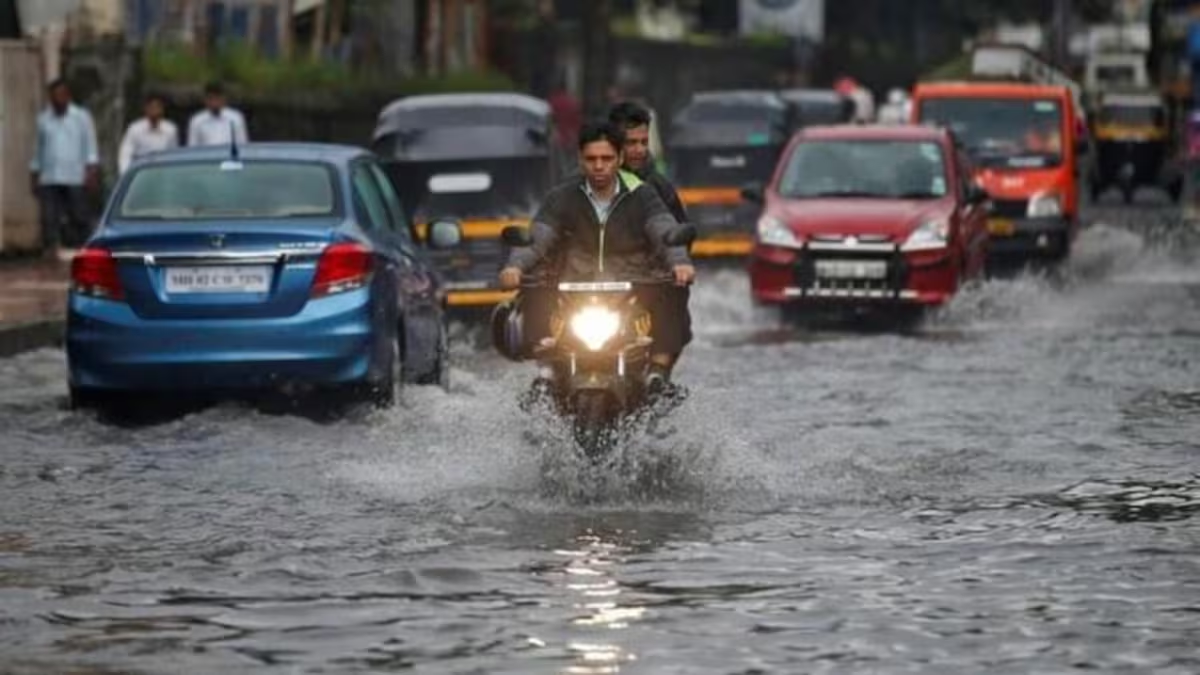Now Reading: Mumbai’s Enduring Charm in the Monsoon
-
01
Mumbai’s Enduring Charm in the Monsoon
Mumbai’s Enduring Charm in the Monsoon

A Viral Post Explores the City’s Quirky Contradictions
New Delhi, August 20, 2025: In the midst of a relentless monsoon season, a curious sentiment was recently shared on social media, sparking a lively discussion among Mumbaikars. A resident, seemingly fatigued by the continuous downpour and its associated inconveniences, posed a rhetorical question: “Why hate Mumbai?” The post then ironically provided three reasons why the city should be disliked, but which were, in reality, its very own charming and enduring qualities. This perspective was widely shared, with many people commenting on the city’s unique ability to be simultaneously infuriating and utterly beloved.
The first point of contention was that in Mumbai, personal space is an abstract concept. It was observed that the city’s dense population and crowded public transport, particularly during the rains, mean that one’s personal bubble is constantly being invaded. This lack of space is said to be a source of frustration for many. However, this close proximity is also a reflection of Mumbai’s communal spirit, where strangers are often seen assisting each other, whether it be by sharing an umbrella or helping someone navigate a waterlogged street. This forced intimacy, it was argued, forges an unspoken bond among residents, creating a sense of solidarity that is rarely found elsewhere.
Also Read:Manika Vishwakarma Crowned Miss Universe India 2025
Next, the post highlighted the city’s unpredictable and often illogical infrastructure. The daily commute is described as a game of chance, with traffic jams and train delays being a regular occurrence, especially when the rains intensify. The city’s roads are frequently flooded, and the local trains, considered the lifeline of Mumbai, are regularly delayed. It was pointed out that this chaos can be quite infuriating, with commuters often being left stranded for hours. But the article also mentioned that this very unpredictability has cultivated a unique sense of patience and adaptability among Mumbaikars. They are used to planning their journeys not just based on distance, but on a range of external factors. As one commenter put it, “A Mumbaikar is always prepared for the worst,” a quality born out of necessity.
Finally, the resident’s post drew attention to the fact that in Mumbai, a calm day is a myth. The city is described as perpetually in motion, with a fast-paced and demanding lifestyle that never truly pauses. It was contended that this constant hustle can be draining, leaving little room for a leisurely pace of life. The 24/7 energy of the city, from its bustling markets to its vibrant nightlife, was cited as a reason for its perceived lack of serenity. Yet, it is this very dynamism that has made Mumbai the financial capital of India, a city of dreams where ambition is not just encouraged, but expected. The relentless energy is what fuels the city’s spirit, and the lack of a “calm day” is seen not as a bug, but as a feature.







